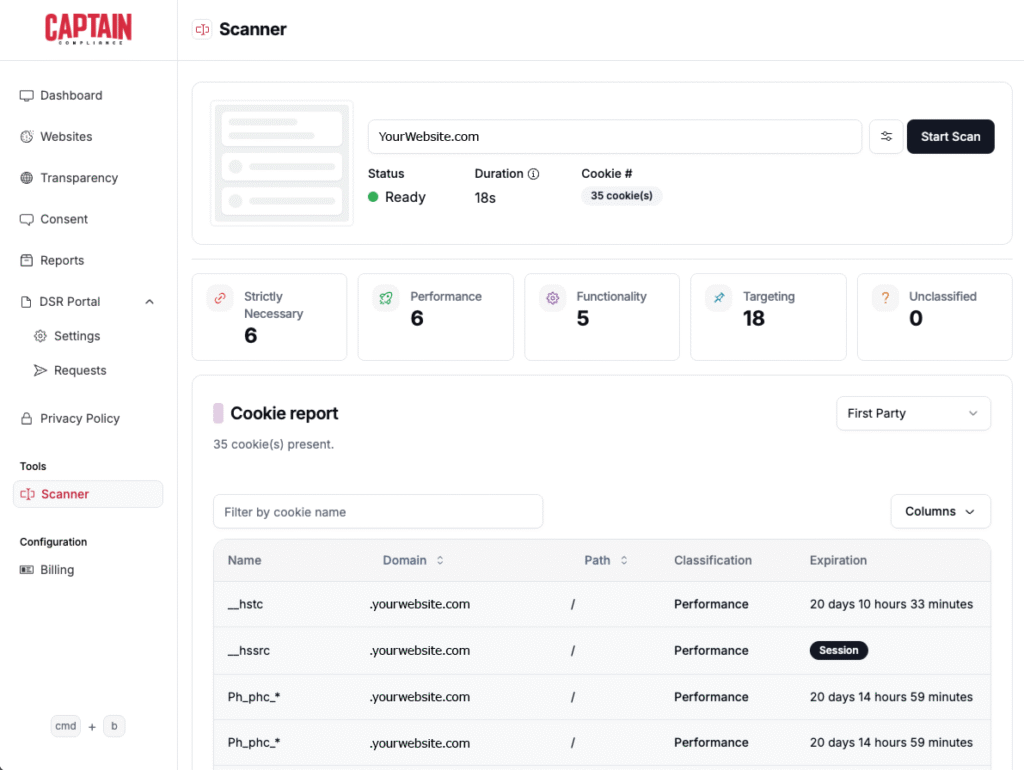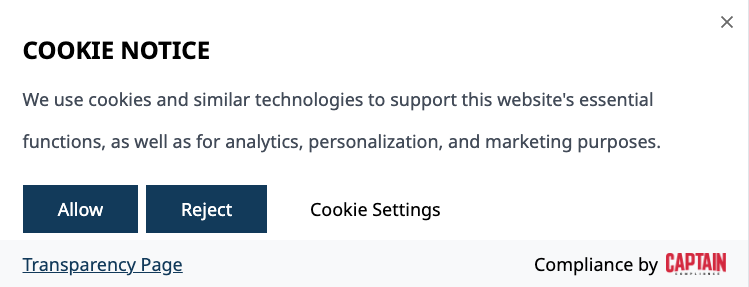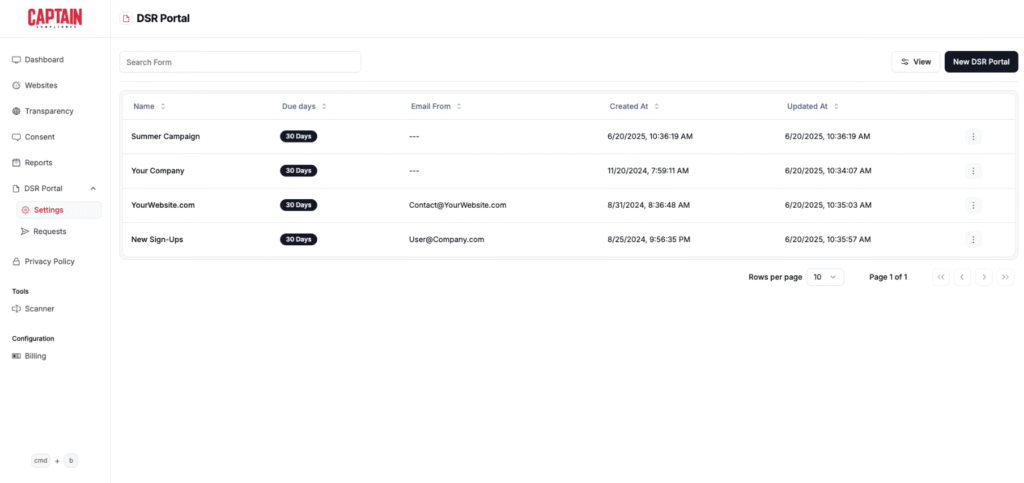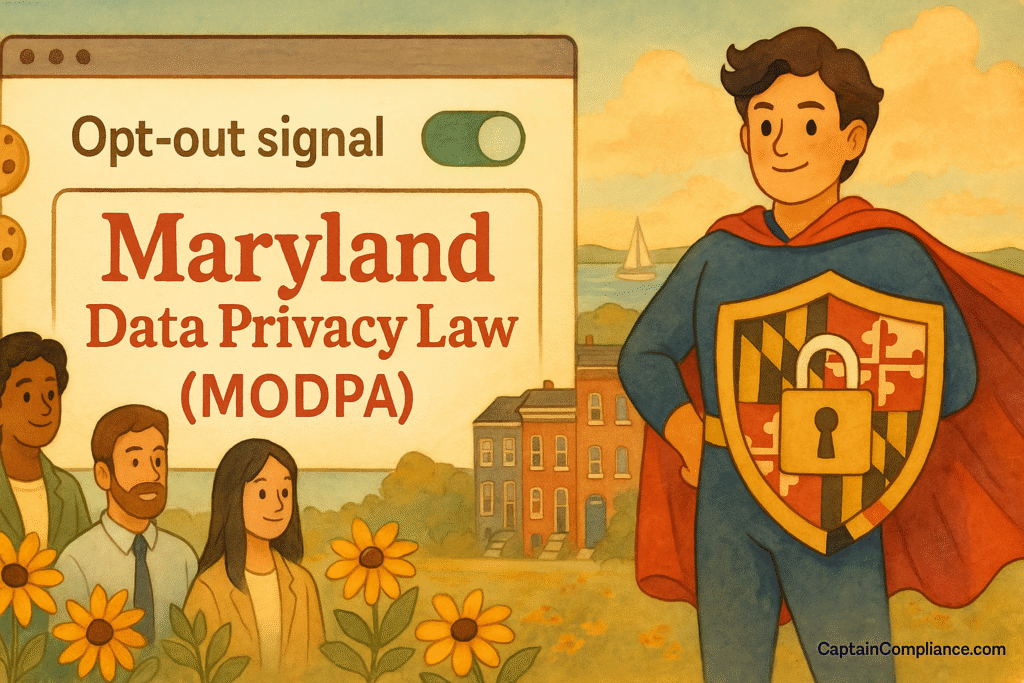California Privacy Rights Act
Get The Help You Need With CPRA Regulations
Navigating California’s privacy laws can seem daunting. Even if you’re not a California based company if you are processing data of California’s you are most likely going to have to comply with their privacy laws. To help navigate your business through today’s constantly changing and complicated legal landscape can be a daunting task, but not when you have Captain Compliance as your partner!
We are committed to guiding businesses just like yours with tailored compliance consultancy services that are very affordable. The CPRA is the United States most restrictive privacy law and we can help you ensure compliance.
Whether it’s financial, healthcare, or technological regulations, we’ve got you covered – ensuring operations run smoothly while adhering to all relevant compliance laws.




CPRA
California is the most stringent
The 1st of 50 States to have a privacy law
Our Consent Management & Compliance solutions can help you by saving your organization time to ensure that you can comply with the regulation and our expert data privacy team can help consult on best practices.


New and Updated Consumer Rights
The CPRA introduces and enhances privacy rights for Californians:
• Right to Limit Sensitive Personal Information (SPI): Consumers can restrict the use of SPI to necessary purposes.
• Right to Correct Personal Information: Individuals can request corrections to their data records.
• Right to Opt-Out of Automated Decision-Making: Consumers can decline the use of automated decision-making technology.
• Expanded Right to Opt-Out of Sharing Personal Information: Includes restrictions on cross-context behavioral advertising.
Compliance and Training
Businesses must:
• Prepare and distribute CPRA notices.
• Establish procedures for data breach responses.
• Ensure vendors comply with CPRA.
• Train employees handling personal data.

Online Privacy Compliance Made Easy
Captain Compliance makes it easy to develop, oversee, and expand your privacy program. Book a demo or start a trial now.
RELATED EDUCATION
Learn more about this topic

Maryland’s Online Data Privacy Act (MODPA) America’s Most Restrictive State Privacy Law

California’s “Opt Me Out Act” Makes Browser-Based Opt-Out a Baseline: Implications for Businesses, Consumers, and Privacy Tech

EDPB and European Commission’s Joint Guidelines Illuminate DMA-GDPR Interplay
